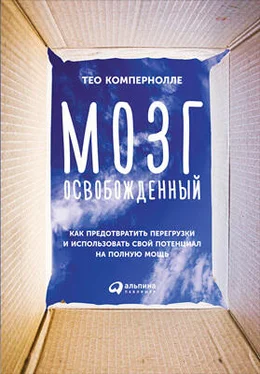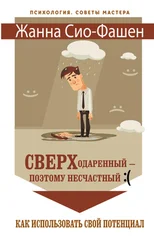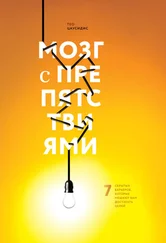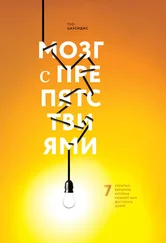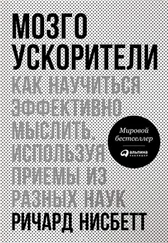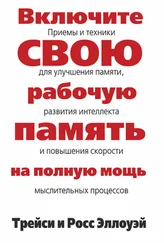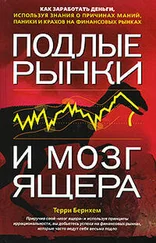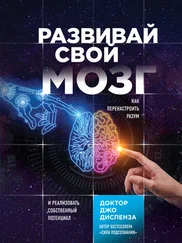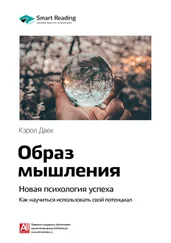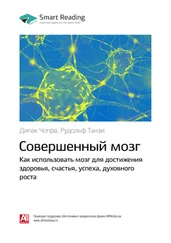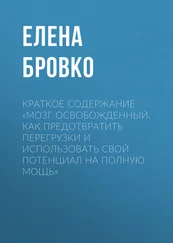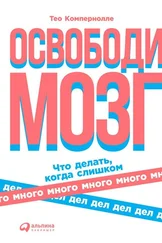Basex 2005.
Touch and personality: Extraversion predicts somatosensory brain response, Michael Schaefer, Hans-Jochen Heinze, Michael Rotte, NeuroImage, pp. 432–438.
Do extraverts process social stimuli differently from introverts? Inna Fishman, Rowena Ng, Ursula Bellugi. Cognitive Neuroscience. Vol. 2, Iss. 2, 2011.
Extraversion Is Linked to Volume of the Orbitofrontal Cortex and Amygdala. Cremers H., van Tol M.-J., Roelofs K., Aleman A., Zitman F.G., et al. (2011) PLoS ONE 6 (12).
Personality similarity in twins reared apart and together.Tellegen, Auke; Lykken, David T.; Bouchard, Thomas J.; Wilcox, Kimerly J.; Segal, Nancy L.; Rich, Stephen. Journal of Personality and Social Psychology, Vol. 54(6), Jun 1988, pp. 1031–1039.
Exploring personality through test construction: Development of the Multidimensional Personality Questionnaire. Tellegen, A., & Waller, N. G. (2008). In G. J.Boyle, G.Matthews, & D. H.Saklofske, Handbook of Personality Theory and Testing, Vol. II, Personality Measurement and Assessment (pp. 261–292). Thousand Oaks, CA
Age changes in personality traits and their heritabilities during the adult
years: evidence from Australian twin registry samples, J.C. Loehlin, N.G. Martin, Personality and Individual Differences, Volume 30, Issue 7, May 2001, pp. 1147–1160.
Cognitive control in media multitaskers. Eyal Ophir, Clifford Nass, Anthony D. Wagner. PNAS, September 15, 2009, vol. 106, no. 37, 15583–15587. http://news.stanford.edu/news/2009/august24/multitask-researchstudy-082409.html
Personality Processes: Mechanisms by Which Personality Traits “Get Outside the Skin”. Sarah E. Hampson Annual Review of Psychology. Vol. 63, 2012, 315–339.
The Moderating Effect of Extraversion – Introversion Differences on Group Idea Generation Performance J. H. Jung, Younghwa Lee, Rex Karsten. Small Group Research, February 2012, vol. 43, no. 1, 30–49.
Would introverts be better off if they acted more like extraverts? Exploring emotional and cognitive consequences of counterdispositional behavior. Zelenski, John M.; Santoro, Maya S.; Whelan, Deanna C. Emotion, Vol. 12(2), Apr 2011.
The Language of Extraversion: Extraverted People Talk More Abstractly, Introverts Are More Concrete. Camiel J. Beukeboom, Martin Tanis, Ivar E. Vermeulen, Journal of Language and Social Psychology, October 5, 2012.
Обзор см. на сайте: http://i3pod.com/wp-content/uploads/2011/04/Revisiting-the-Swiss-Cheese-Modek-EECnote-2006-13.pdf
http://www.jumio.com/2013/07/americans-cant-put-down-their-smartphones-even-during-sex/
The Promise and Peril of Hyperconnectivity for Organizations and Societies John Fredette, Revital Marom, Kurt Steinert, and Louis Witters (Alcatel-Lucent)
“The Global Information Technology Report” World Economik Forum 2012, Chapter 1.10, p. 113.
Pew Research Center’s Internet & American Life Project. March 19, 2012.
http://wwww.pewinternet.com/~/media/Files/Reports/2012/PIP_Teens_Smartphones_and_Texting.pdf
http://pewinternet.org/Commentary/2012/February/Pew-Internet-Mobile.aspx
http://www.webmd.com/mentalhealth/features/when-technologyaddiction-takes-over-your-life
http://www.jumio.com/2013/07/americans-cant-put-down-their-smartphones-even-during-sex/
Zo ga je om met je zakelijke smartphone. Marieke van Twillert. Intermediair 10-11-2011. http://www.intermediair.nl/artikel/persberichten/202778/56-ergert-zich-aan-smartphonegebruikcollega.html
Ubiquitous Blackberry: The New Overtime Liability, The; Barbu, Maria L. 5 Liberty U. L. Rev. 47 (2010–2011). Blackberrys and the Fair Labor Standards Act: Does a Wireless Ball and Chain Entitle White-Collar Workers to Overtime Compensation? A M Rothe. Saint Louis University law journal. 54, no. 2, (2010), 709–738.
Ellen Wulfhorst, BlackBerrys, Blogs Create Overtime Work Disputes,USA TODAY, June 25 2008, http://www.usatoday.com/tech/products/2008-06-25-blackberry-blogs-overtimepay_N.htm
The Effects of Interruptions on Task Performance, Annoyance, and Anxiety in the User Interface. Brian P. Bailey, Joseph A. Konstan, and John V. Carlis Investigating the effects of computer mediated interruptions: An analysis of task characteristics and interruption frequency on financial performance. K. Asli Basoglu, Mark A. Fuller, John T. Sweeney. International Journal of Accounting Information Systems. Volume10, Issue 4, December 2009, pp. 177–189.
Costly Cell Phones: The Impact of Cell Phone Rings on Academic Performance.
Christian M. Enda, Shaye Worthmana, Mary Bridget Mathewsa & Katharina Wetteraua. Teaching of Psychology. Volume 37, Issue 1, 2009.
Entirely irrelevant distractors can capture and captivate attention. Sophie Forster Nilli Lavie. Psychon Bull Rev. December 2011; 18(6), 1064–1070.
Failures to ignore entirely irrelevant distractors: the role of load. Forster S., Lavie N. Journal of Experimental Psychology. Applied [2008, 14(1): 73–83].
Tan, Mark Khai Shean and Richardson, Alex, g6-25-blackberry-blogs-overtimepay_N.htmnegebruAnd Task Complexityi (2011). PACIS 2011 Proceedings. Paper 187.
Tan, Mark Khai Shean and Richardson, Alex, “Please Do Not Disturb: Managing Interruptions And Task Complexity” (2011). PACIS 2011 Proceedings. Paper 187.
Instant Messaging: Effects of Relevance and Timing. Mary Czerwinski, Edward Cutrell and Eric Horvitz. Microsoft Research. marycz@microsoft.com
Cyber-Serfdom. Thomas L. Friedman. New York Times. January 30, 2001.
Investigating the effects of computer mediated interruptions: An analysis of task characteristics and interruption frequency on financial performance. K. Asli Basoglu, Mark A. Fuller, John T. Sweeney. International Journal of Accounting Information Systems. Volume 10, Issue 4, December 2009, pp. 177–18.
Association of Interruptions With an Increased Risk and Severity of Medication Administration Errors. Johanna I. Westbrook, Amanda Woods, Marilyn I. Rob, William T. M. Dunsmuir, Richard O. Day. Arch Intern Med. 2010; 170(8); 683–690.
The cost of interrupted work: more speed and stress. Gloria Mark, Daniela Gudith, Ulrich Klocke. CHI ’08 Proceedings of the twenty-sixth annual SIGCHI conference on Human factors in computing systems. pp. 107–110. ACM New York 2008.
Arthur Schopenhauer: On Noise. 1851, translation by T. Bailey Saunders. http://www.noisehelp.com/schopenhauer-quotes.html. См. также http://www.schopenhauervereinigung.com/articles/arthur-schopenhauer-on-noise/
Conard, Maureen A. and Marsh, Robert M., “Single And Multiple Interruptions Increase Task Performance Time, But Don’t Affect Stress, Pressure or Flow” (2010). WCOB Working Papers. Paper 1. http://digitalcommons.sacredheart.edu/wcob_wp/1
Distinct mechanisms for the impact of distraction and interruption on working memory in aging. Wesley C. Clapp, Adam Gazzaley. Neurobiology of Aging. Volume 33, Issue 1, January 2012, pp. 134–148.
Читать дальше
Конец ознакомительного отрывка
Купить книгу
